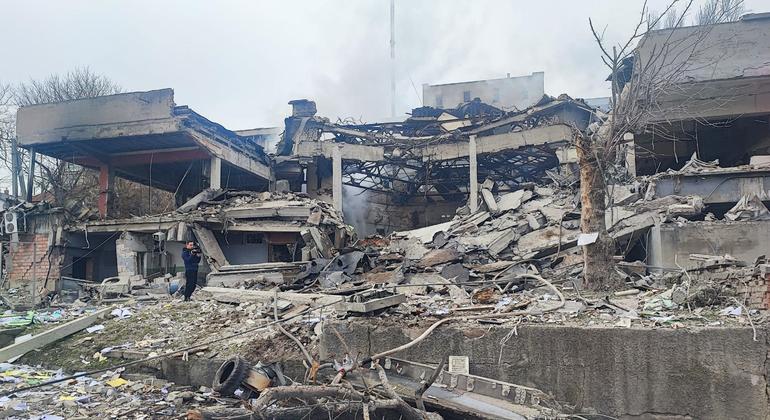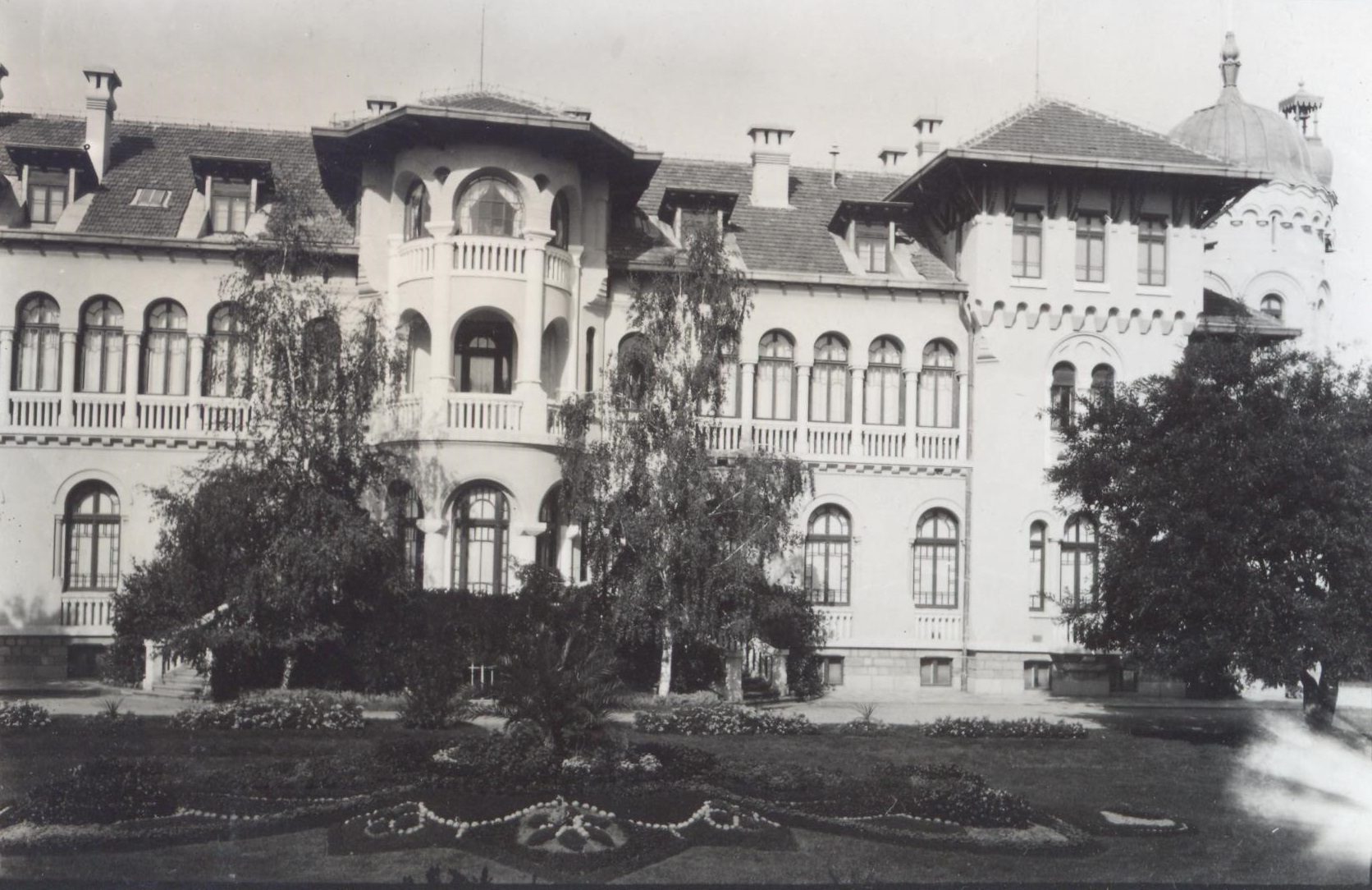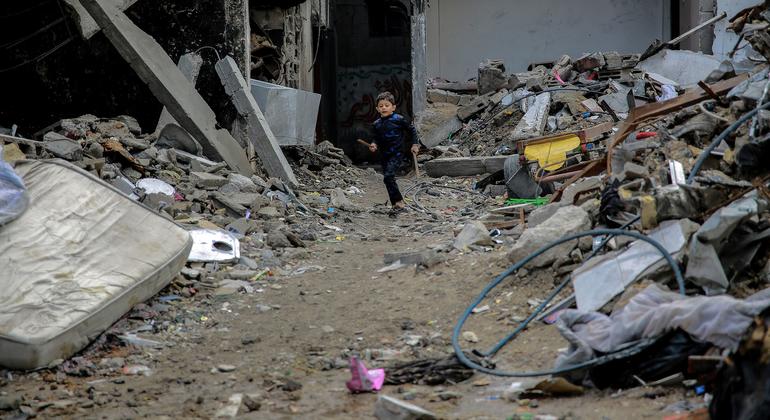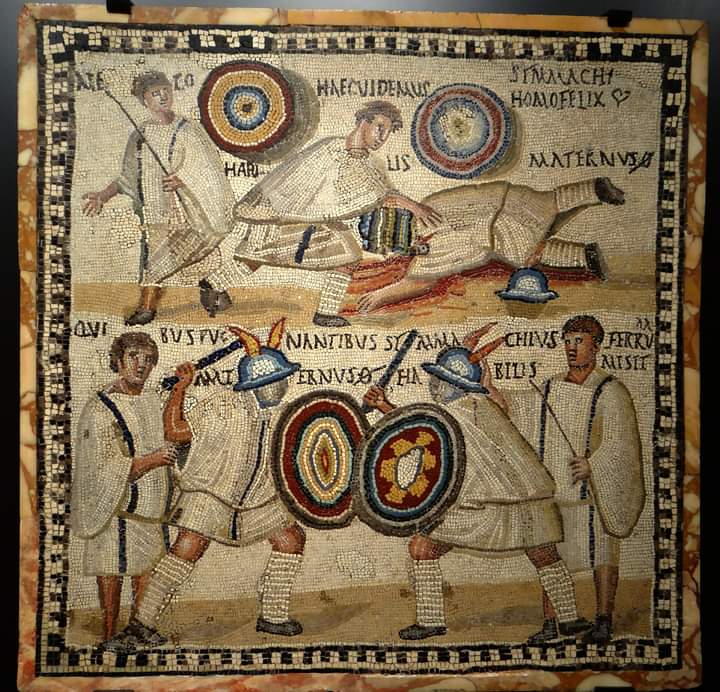The new year has brought no respite to Ukraine, with recent weeks seeing some of the worst attacks of the nearly three-year war, the UN political affairs chief told the Security Council on Wednesday.
Rosemary DiCarlo underscored the UN’s steadfast commitment to support all meaningful efforts towards a just, sustainable, and comprehensive peace.
The full-scale Russian invasion of Ukraine began on 24 February 2022 and the Council has met more than 100 times to discuss the “harrowing consequences”, she recalled.
War must stop
“And yet, here we are, on the brink of the third year of the gravest armed conflict in Europe since the Second World War – with no end in sight,” she warned.
“The toll of this senseless war – in death, destruction and destabilization – is already catastrophic. It is terrifying to contemplate where it could lead us. It must stop.”
Since the start of the war, the UN human rights office, OHCHR, has verified 29,579 civilian casualties -10,242 people killed, including 575 children, and more than 19,300 injured, including 1,264 children.
Recent wave of attacks
Ms. Dicarlo said between 29 December and 2 January, 96 people were killed and 423 injured, according to OHCHR.
Country-wide drone strikes on 29 December alone killed 58 people and injured 158 – the highest number of deaths in a single day in all of 2023.
Meanwhile, at least 25 civilians were reportedly killed, and more than 100 injured, in strikes on 30 December in the Russian city of Belgorod, which were attributed to Ukraine. Cross-border attacks have reportedly continued, prompting some civilians to evacuate the city.
This past Saturday, 11 civilians were reportedly killed in a missile strike in Pokrovsk, a town in the Donetsk region of Ukraine, which the authorities attributed to Russian forces.
Ms. DiCarlo said civilians in frontline communities bear the heaviest burden of the missile, drone and artillery barrages, with nearly 70 per cent of civilian casualties recorded in the Donetsk, Kharkiv, Kherson and Zaporizhzhia regions.
Concern for children
The war’s impact on children is “particularly appalling”, she added, noting that nearly two-thirds of young Ukrainians have been forced to flee their homes, while an estimated 1.5 million children are at risk of post-traumatic stress and other mental health conditions.
The missile and drone attacks are also causing severe damage to civilian infrastructure, and thousands are without electricity and water supply in frigid winter weather.
“Even as the fighting rages, Ukrainians are working to rebuilding their lives and homes, investing in areas less exposed to direct hostilities,” Ms. DiCarlo told ambassadors.
She said the UN, in coordination with government partners, continues to support local recovery efforts, including in the energy sector.
Ms. DiCarlo also pointed to a recent positive development – the long-awaited exchange of more than 200 prisoners of war each by Russia and Ukraine that took place on 3 January, marking the largest such exchange since the start of the war.
Humanitarians under fire
The Council was also briefed on the humanitarian situation in Ukraine, where more than 14.6 million people, roughly 40 per cent of the population, require assistance.
Attacks and extreme weather have left millions of people in a record 1,000 villages and towns across the country without electricity or water, said Edem Wosornu, Director of the Operations and Advocacy Division with the UN humanitarian affairs office, OCHA.
The latest wave of attacks has further impacted aid operations and affected humanitarian workers. She reported that the number of aid workers killed has more than tripled, from four in 2022 to 15 last year, while another 35 were injured.
“The spike in attacks on aid storage facilities over the past two months has brought the number of incidents negatively impacting aid operations in 2023 to more than 50, the majority of them bombardments that have hit warehouses,” she added.
Healthcare and education hit
Ms. Wosornu said in December alone, five humanitarian warehouses were damaged and burned to the ground in the Kherson region. As a result, tonnes of relief items, including food, shelter materials and medical supplies, were destroyed.
Medical facilities also have been hit relentlessly throughout the war. Some 1,435 attacks on the healthcare system have been verified since February 2022, including the killing of 112 health workers, and at least 10 facilities have been damaged in the latest wave of aerial attacks.
Additionally, more than 3,000 educational facilities have also been damaged or destroyed, and many that remain are now being used to accommodate displaced people or as aid distribution centres. As a result, nearly one million children have no safe and reliable access to continue their education.
Sexual violence and trauma
Ms. Wosornu said the war has also exposed millions of Ukrainians to heightened risk of gender-based violence, trafficking, and exploitation, with reports of people from ages four to 80 subjected to conflict-related sexual violence.
“This leads me to a deeper point about this war. Underneath the very evident physical repercussions for Ukraine and Ukrainians, there lurks a much less visible but no less damaging impact: signs of a deeply rooted psychological trauma that could affect millions of people for years to come,” she warned.
Last year, humanitarians reached nearly 11 million people across Ukraine. They had requested $3.9 billion to support their operations in 2023 and received over $2.5 billion.
The 2024 humanitarian plan for Ukraine will be launched in Geneva next week, which seeks $3.1 billion to support 8.4 million people.















